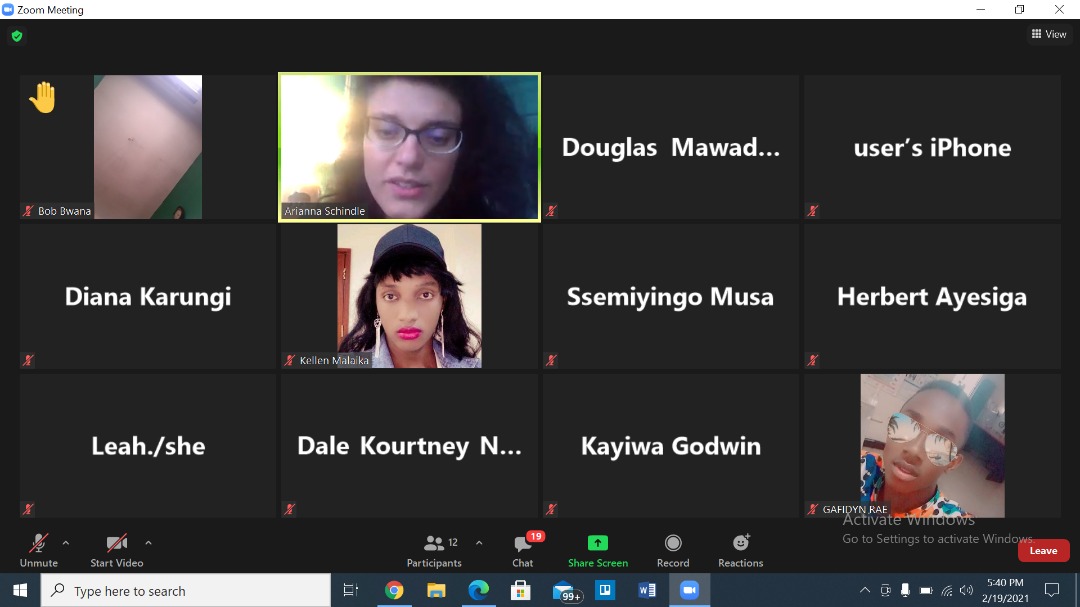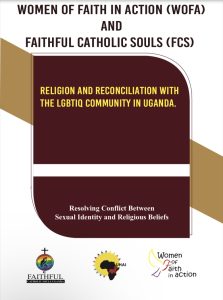Associates for Health Rights-Uganda (AHARUG) and Digital Human Rights Lab (DHR-Lab) have today held Circle 2 of a four week mental health care circle program. The circles are aimed at rejuvenating and enriching the mental health Human of Rights Defender’s (HRDs) within the country. Today’s Circle 2 focused on “Safety: Letting Go of Being Trapped by Fear and Finding Inner Calm”.
According to Douglas Mawadri the Executive Director AHARUG the topic was chosen because the safety of the environment affects how HRDs perform and in situations where they don’t feel safe, they tend to withdraw which affects their work. He says it is common for HRDs to feel uncertain which in the end leads to stress and mental health issues.
“We need to create safe environments around us so we can focus on advocacy. When you feel safe, you feel valued, you feel seen and heard and this is why this space is important for us. When HRDs come to our spaces we want them to feel safe.”
Rae a community psychologist says, “The feeling of safety contributes to how we show up to different situations and our performance in everything including work and personal relationships. For example, when I was younger, I always felt so small because I was told I was small. This affected my social and academic performance. I felt like I wasn’t efficient due to my size. The systematic makeup also make us feel unsafe. This can be seen via misogyny and homophobia faced by women and sexual minorities. The homophobia in Uganda makes us feel small and insecure. The way the church preaches about love and sexuality is also an issue because we are demonized and made to feel like same sex love is an immortal sin. In some instances, to keep our guard up as activists we have decided not to take care of ourselves, this is not a good sign. We need to find healthy ways to make us feel mentally and physically safe.”
Participant: When one of our colleagues was brutally murdered by the husband I was deeply affected but some people looked at me a certain way, they said men shouldn’t cry. It felt so bad not to have the support of my fellow HRDs.
“Crying has been associated to shame in our society, however in the journey of my profession as a counselor, I learned that, crying doesn’t show how weak or strong a person is, it is just a reaction to what’s happening to the individual. We need to help people feel safe in our spaces, it is important that we promote safer mental health spaces for everyone not just women.” Says Liz a professional writer and counselor.
Circle 3 of the four week mental health care circle resumes next week with even more HRDs joining in via Zoom.




